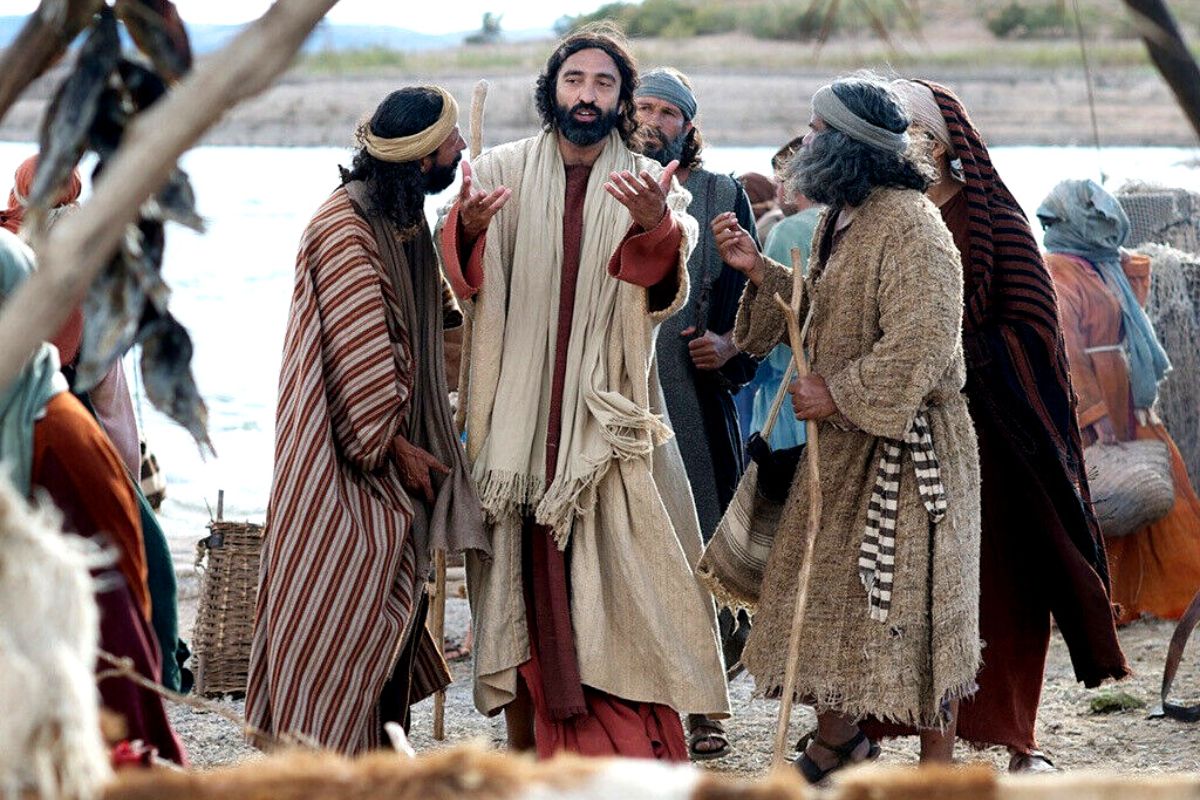
The parable of the talents teaches us that we must use our gifts and not squander them. We should use everything that God has given us for His purposes in order to better serve God.
Jesus used stories called “parables” to illustrate deep truths about human nature. He taught important life lessons through his stories. Jesus’ parable of the talents teaches about stewardship. Jesus’ use of money, investment, wealth-creation, enterprise, and interest in the story is quite interesting.
I believe the story should be seen as more than just about money. We are given different gifts, talents, and resources and are expected to use them. Here are three lessons from Jesus’ parable of Talents.
The Parable Of The Talents
Here’s the story in a nutshell:
A master went on a long trip and left his servants in charge of his property. The first servant gets five talents, the second servant gets two talents, and the third servant gets one talent. Those who were given five and two talents multiplied what was given to them.
However, the person who gets one talent does nothing with it and keeps it as it is. When the Master returns, he is delighted with the ones who multiplied their wealth. But he is furious at the person who keeps the talent just as it is…
The story’s lesson is clear and easy to understand. God wants us to be good stewards who can be trusted. He will not excuse our lack of energy, effort, and enterprise.
You Have No Excuse
The master had carefully considered each servant’s natural skills. He knew that not all his workers were as good at trading as he was. So, the asset distribution was done based on how much each person could manage.
When the master returned, the servants were evaluated according to the talents they had been given. Although servants received differing amounts, everyone received something. Even one talent was a significant amount. And so he had no excuse.
We have no excuse. God has blessed us with gifts, talents, and resources. He continues to give us opportunities, privileges, and access. All that has been given to us must be handled with care.
You Can’t Sit Back And Do Nothing
It is only fair that the master anticipates a return on his investment. The master evaluates his servants based on their initiative, effort, and diligence. He assesses them based on how well they have made sensible investments and, more importantly, how they have multiplied them.
The first and second servant had traded their talents and doubled their value. The master regarded them as “faithful” and duly rewarded them. However, the third servant did nothing with his share. Worse, he buried it in the ground.
The master was upset with the servant, who did nothing with the talent. Interestingly, the master was concerned that the servant did not try to earn bank interest on it. He received harsh words and punishment for his lack of initiative.
We can’t sit back and do nothing with the gifts and talents God has given us. We must find innovative ways to increase them for the glory of God.
You Lose If You Don’t Do Something With It
The master values effort, energy, and enterprise. He thanked his faithful servants for their initiative, effort, and diligence. They received the recognition and reward that was due to them.
Further, their hard work and due diligence led to their advancement. He rewards the faithful ones with more so that they can enjoy abundance.
The master makes his choice clear. He will no longer rely on underperformance gripped by fear, complacency, and a lack of initiative.
We need to discover our talents and develop them. In the end, God will bless us for our efforts. We will turn out to be a blessing to those around us.
Final Words
The parable of the talents teaches us that we should use everything God has given us for His purposes. We must use our gifts and not squander them.
The two faithful servants received recognition and rewards for their energy, effort and enterprise. Remember, “more will be given” to trustworthy people, and they will enjoy abundant opportunities, privileges, and resources. You use it, or you lose it.